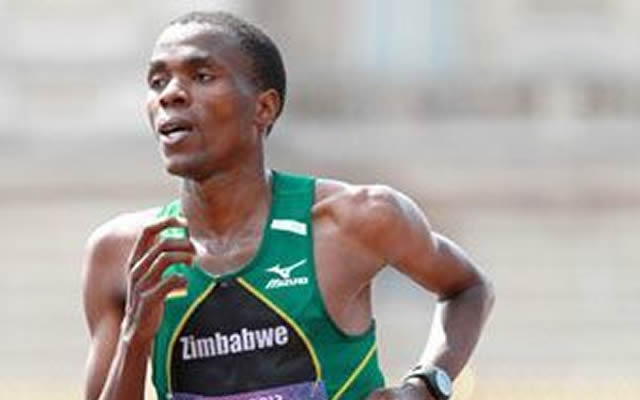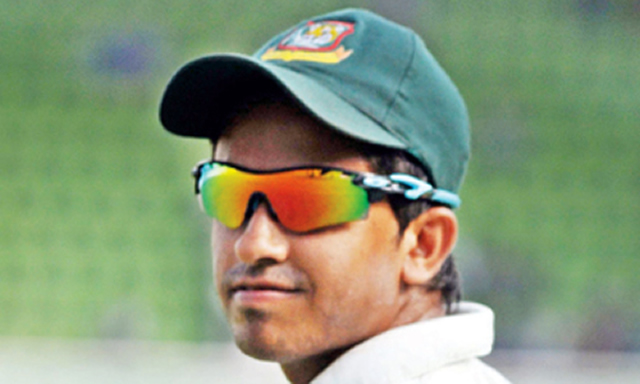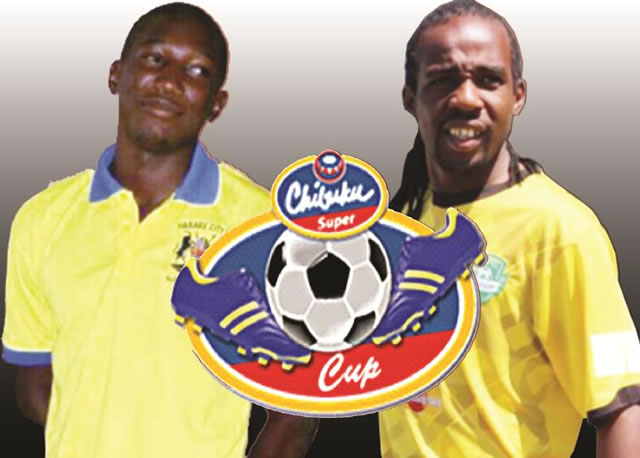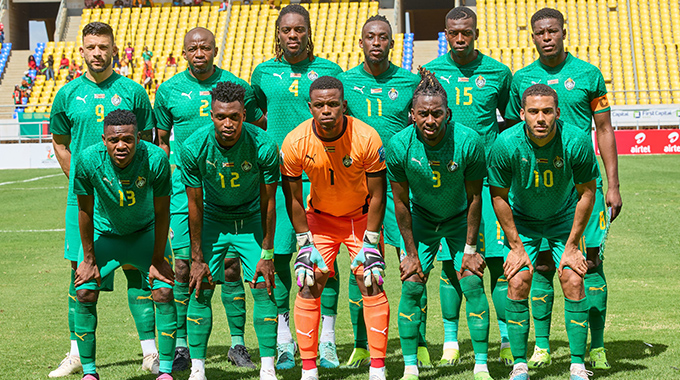Nyasango targets world champs

Ellina Mhlanga Harare Bureau
SEASONED long-distance runner, Cuthbert Nyasango, has begun preparing for next year’s World Athletics Championships in Beijing, China, from August 22 to 30.Nyasango, 32, is one of the four athletes that received the Olympic Scholarship, through the Olympic Solidarity for the 2016 Summer Olympics in Rio de Janeiro, Brazil,
However, the veteran runner’s first stop will be the World Championships after he qualified for the event in May when he posted a time of 2 hours 9 minutes in the Czech Republic.
He will be joined by Cephas Pasipamire, Gilbert Mutandiro and Munyaradzi Jari, who also made the times for the global competition.
Nyasango, who raised the Zimbabwean flag high at the London Olympic Games in 2012 when he came seventh in the tough men’s marathon event, has set his eyes on the Rio 2016 Olympics.
“After 2015 the most important event will be Rio. The World Championships are where you check your progress so that you adjust for 2016,” said Nyasango.
“If you win it means you are close to getting a medal at Rio. It’s a race to grade yourself, so if you see that what you are doing is the right thing then in Rio you know you will be doing the right thing.
“I will run in December and then try to qualify for the Olympics early next year. Our season starts in January so my primary goal for next year will be to qualify for the Olympics.”
Nyasango said the Olympic Solidarity grant meant to assist the elite athletes with their preparations for the Olympic Games will assist him.
“If you get something to prepare, it’s better than not having anything. The money isn’t a lot but I’m saying it’s better than not having anything at all. We expect a lot of sponsorship for the preparations because we need a lot of resources from the national association and the corporate world to prepare for such events because we’re on national duty but at the end we end up sacrificing our own resources. If you have money, your programme changes. I run 42km and it’s different from track events because I run mainly on the road and go to the track maybe once a week meaning I will be driving a lot.
“Sometimes I use about $3,000 for fuel and that’s a lot. If you look at Kenya they are successful, it’s because they have a lot of resources and support,” said Nyasango.










Comments